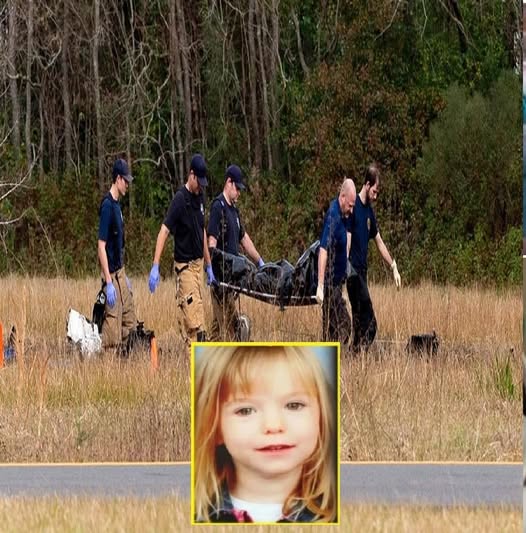In a world where expectations are often dictated by wealth, status, and appearances, true love sometimes grows in the most unexpected places — like a quiet, wind-swept farm on the outskirts of a village that doesn’t even show up on most maps.
Amara was born in the heart of a bustling city, where skyscrapers kissed the clouds and luxury cars hummed along neon-lit streets. Her family was affluent, cultured, and deeply entrenched in the social circles of the elite. Her life was a perfectly arranged bouquet of etiquette classes, private tutors, designer clothing, and carefully curated friendships. But Amara always felt like a stranger in that world — like a rose growing in a glass box, admired but never truly free.
Everything changed one summer when she decided to volunteer with a rural outreach program — more to escape her rigid routine than out of any sense of charity. That’s when she met Aarav.

Aarav was a farmer — simple, grounded, and fiercely connected to the land he worked. His hands were rough from labor, his skin sun-kissed, and his smile was more genuine than any she had seen in years. He wasn’t just kind; he listened — really listened — in a way that made her feel seen, not just looked at. For the first time in her life, Amara laughed without filters, walked barefoot through muddy fields, and watched sunsets without taking a picture for social media.
Their love grew quietly, like wildflowers between cracks in the pavement — gentle but resilient. But when she returned to the city, reality struck with the force of a storm.
Her family was horrified.
Her parents had already chosen her future — a marriage to Karan, the son of a billionaire whose family owned half the real estate in the city. Karan was charming on the surface but arrogant beneath, the type of man who believed loyalty could be purchased and that love was a transaction. He would sneer at waiters, boast about bribes, and once, unapologetically claimed, “There’s nothing in this world I can’t buy.”

Amara refused.
The backlash was immediate. Her phone was taken. She was grounded — not in the teenage sense, but in the suffocating reality of being watched, followed, and emotionally blackmailed. Her father told her, “You’ll throw away everything for a man who owns two cows and a tractor?” Her mother cried, accusing her of betrayal. Friends disappeared, unsure of which side to take. The media, ever hungry for scandal, painted her as the “spoiled heiress gone rogue.”
But Amara’s love wasn’t a phase. It was a choice she made every day, even in the face of isolation and uncertainty.
For months, she fought. She wrote letters to Aarav that never got sent. She tried to reason with her parents, but love born in soil doesn’t speak the same language as love born in bank accounts. Karan, sensing he was losing control, became aggressive. He cornered her at a gala, whispering threats masked as compliments. “You’ll be back,” he said. “He can’t give you what I can.”
That night, Amara packed a small bag, slipped out of the mansion, and took a train to the village where it all began. When she arrived at Aarav’s doorstep, drenched in rain, he didn’t ask questions. He just opened his arms.
The months that followed weren’t easy. She worked alongside him — milking cows, planting seeds, waking at dawn, and learning the language of the land. Her manicured hands became calloused. Her skin grew tanned. And in the mirror, she saw not a fallen heiress, but a woman reborn.
Eventually, her family sent lawyers. They tried to disinherit her. Karan filed defamation suits. The tabloids branded her the “Runaway Bride of Mumbai.” But the storm passed, as storms always do, and what remained was something that money could never build — a life crafted by choice, not pressure.
Years later, Amara and Aarav got married under an open sky, surrounded by fields she once stumbled through awkwardly but now called home. There were no diamonds, no designer gowns — just two people promising to grow together, like seeds planted in good soil.

Their wedding was attended by villagers, friends made through hard work and shared laughter. Even a few of her old friends came — now seeing her happiness with new eyes. And her parents? They didn’t attend, but they watched from afar. Her mother later wrote a letter — no apology, but a soft acknowledgment: “You look happy. Maybe we were wrong.”
Amara never went back to the life she left behind. She didn’t need to.
She had found something better than comfort, luxury, or status.
She found peace. Purpose. And most importantly, love — not the kind that needs approval, but the kind that survives storms, defies expectations, and grows quietly between two hearts brave enough to choose it.



